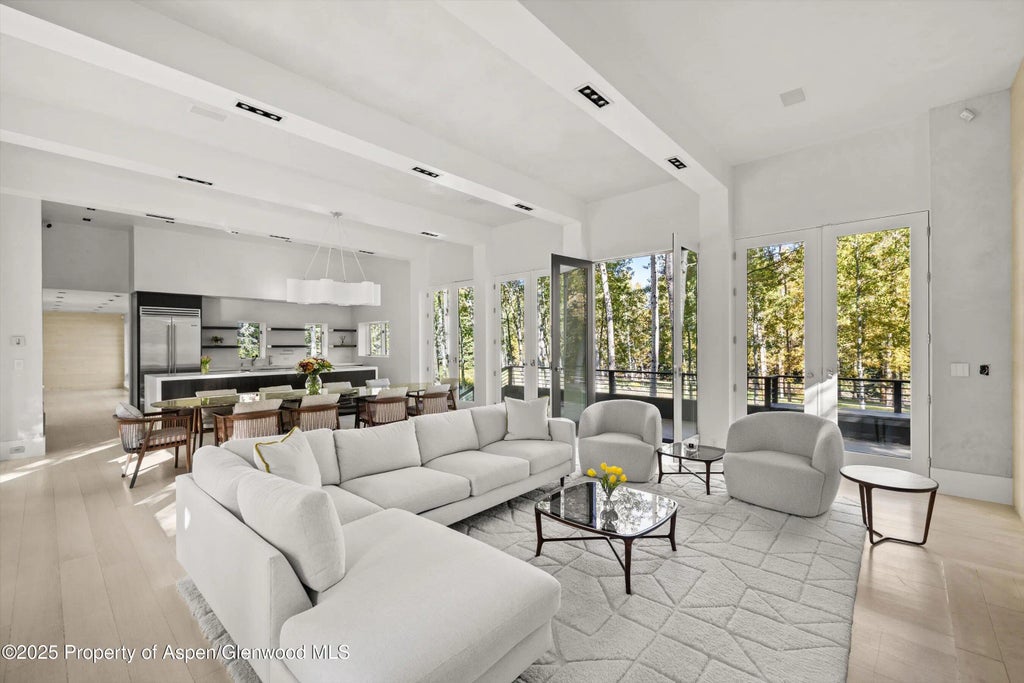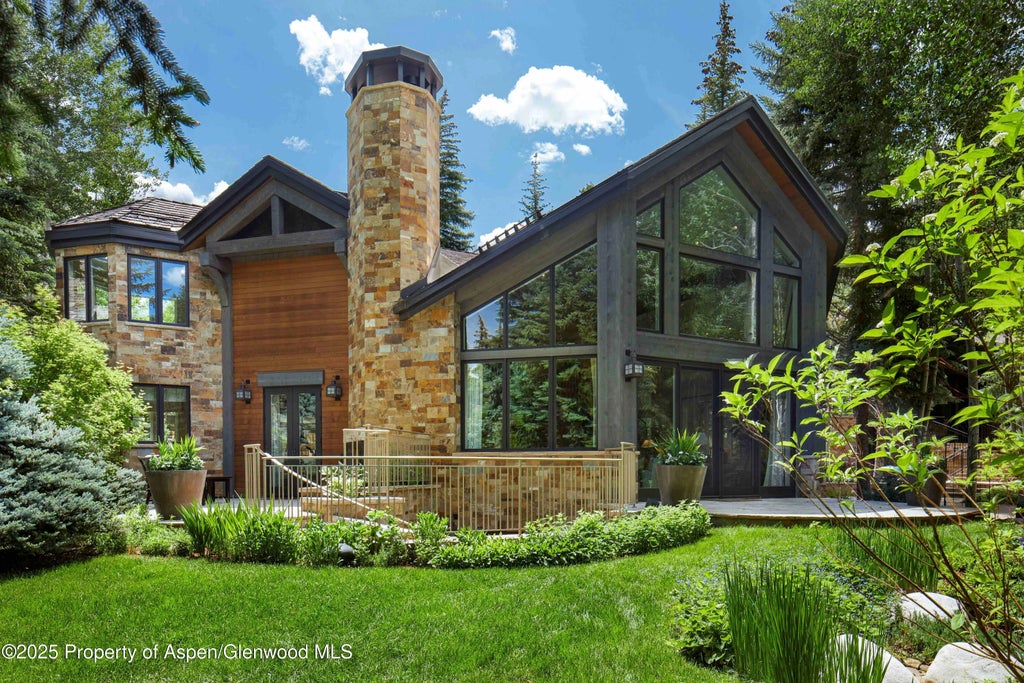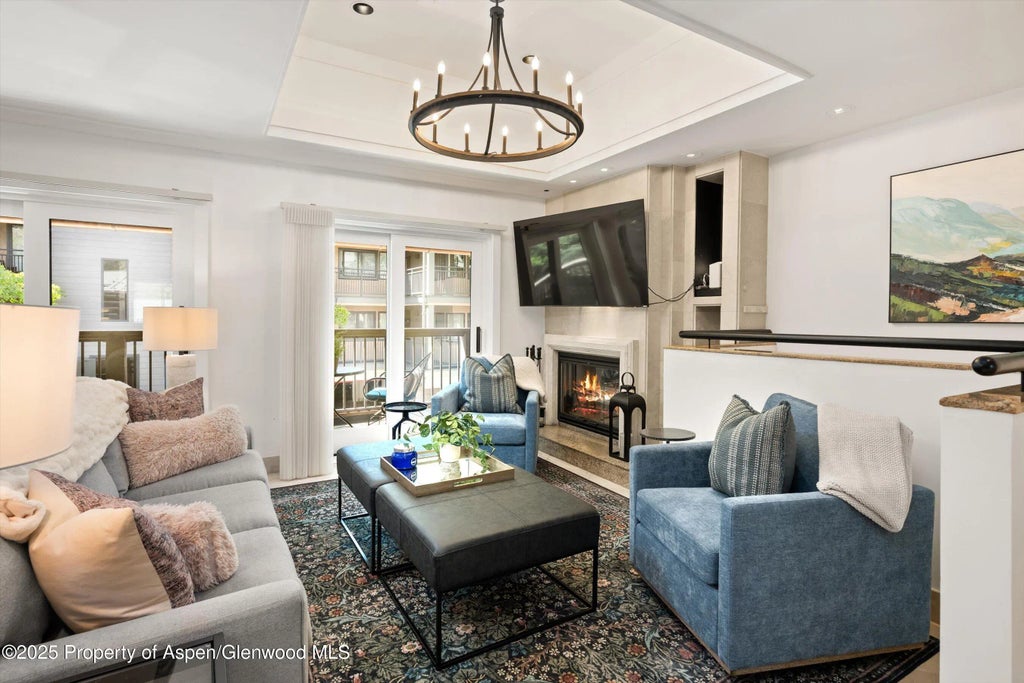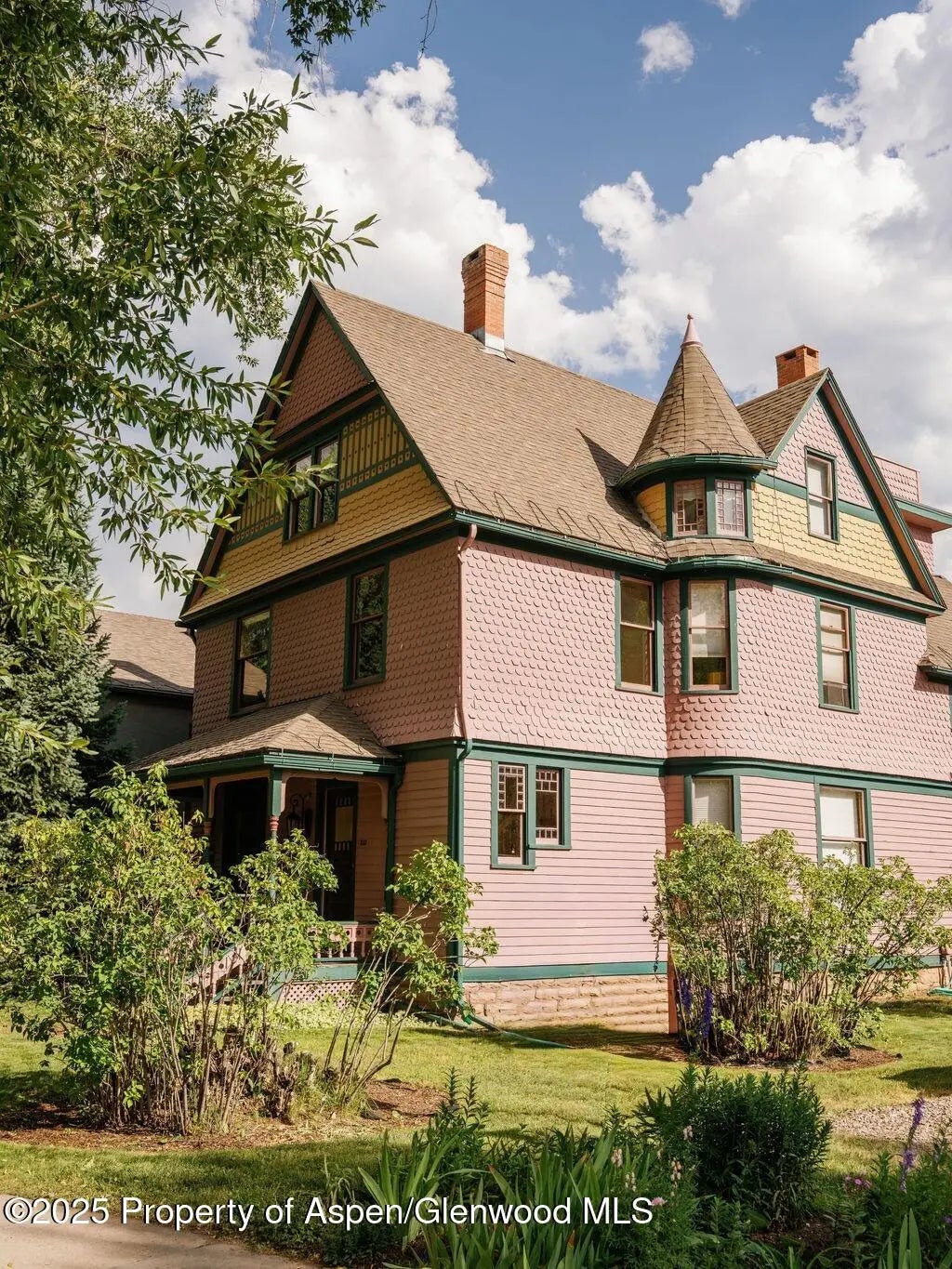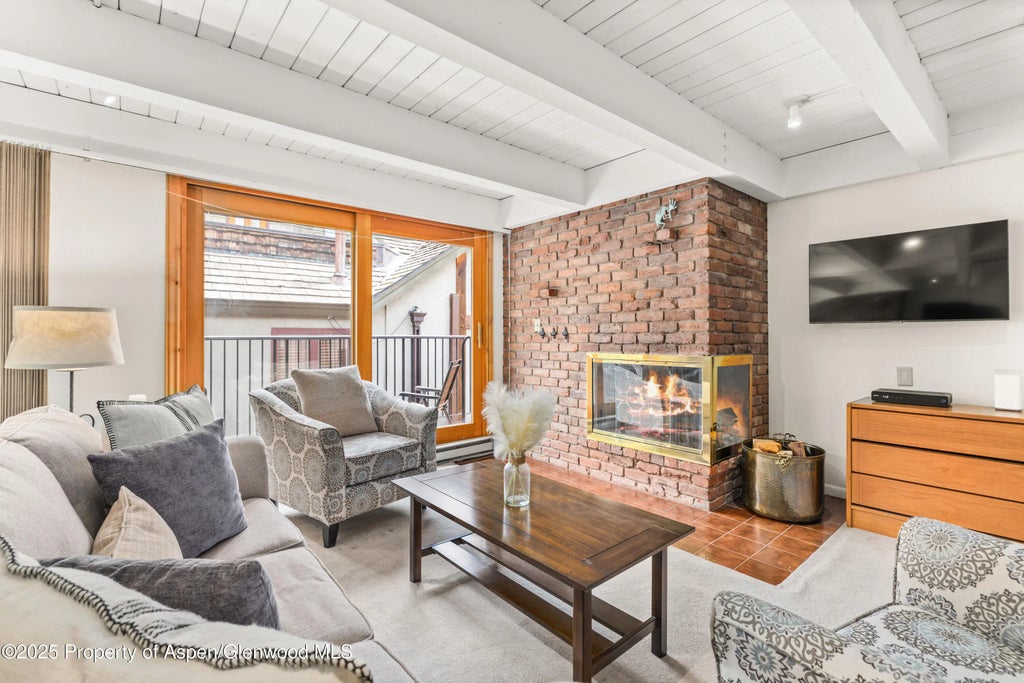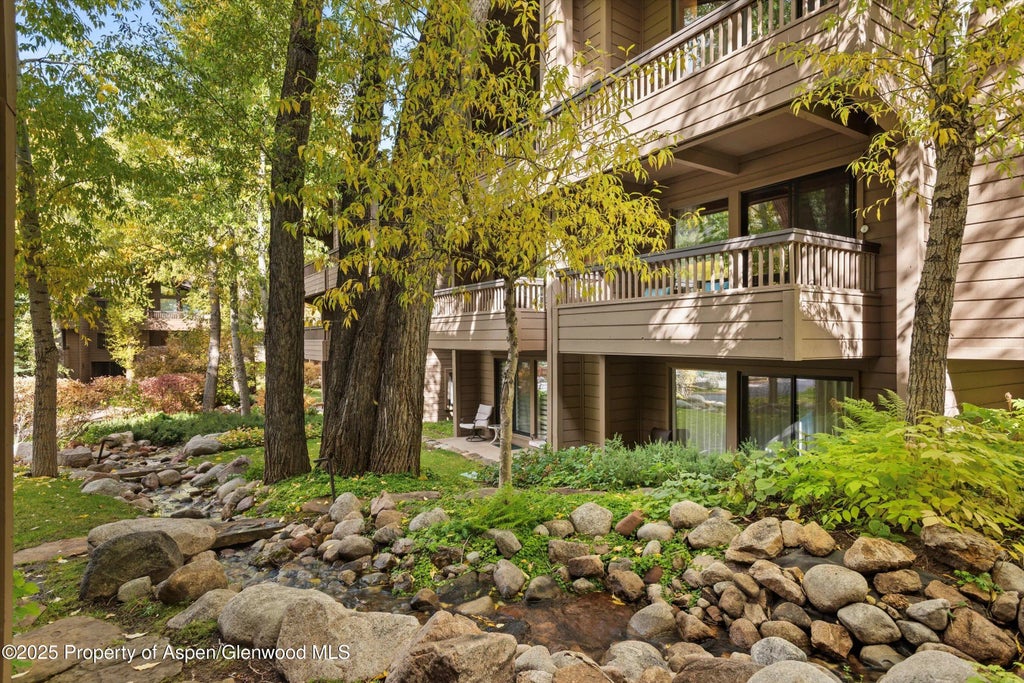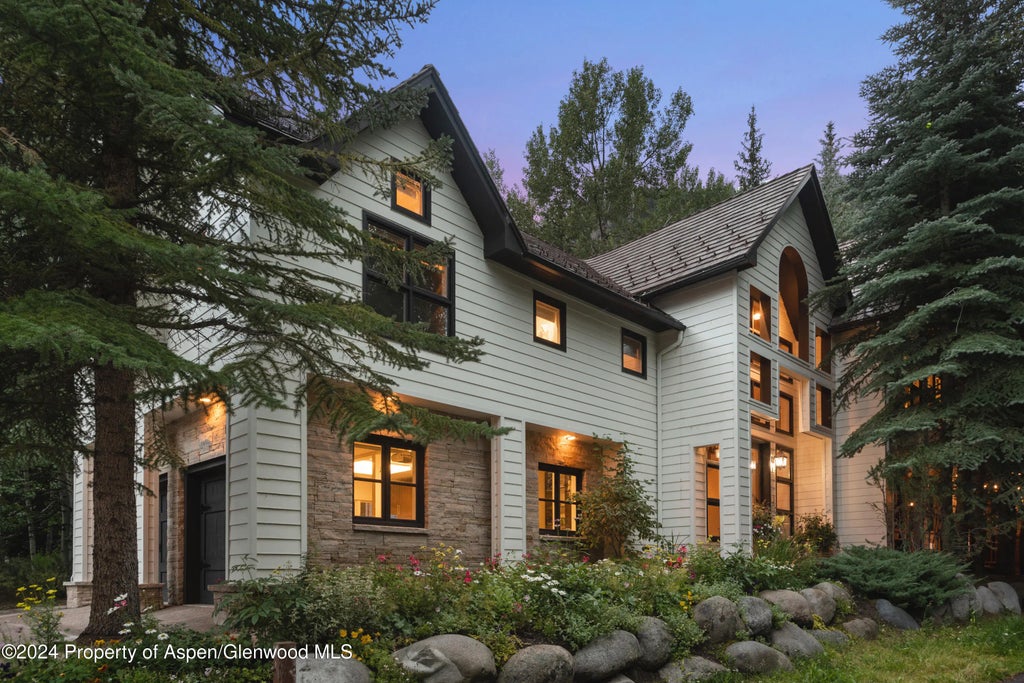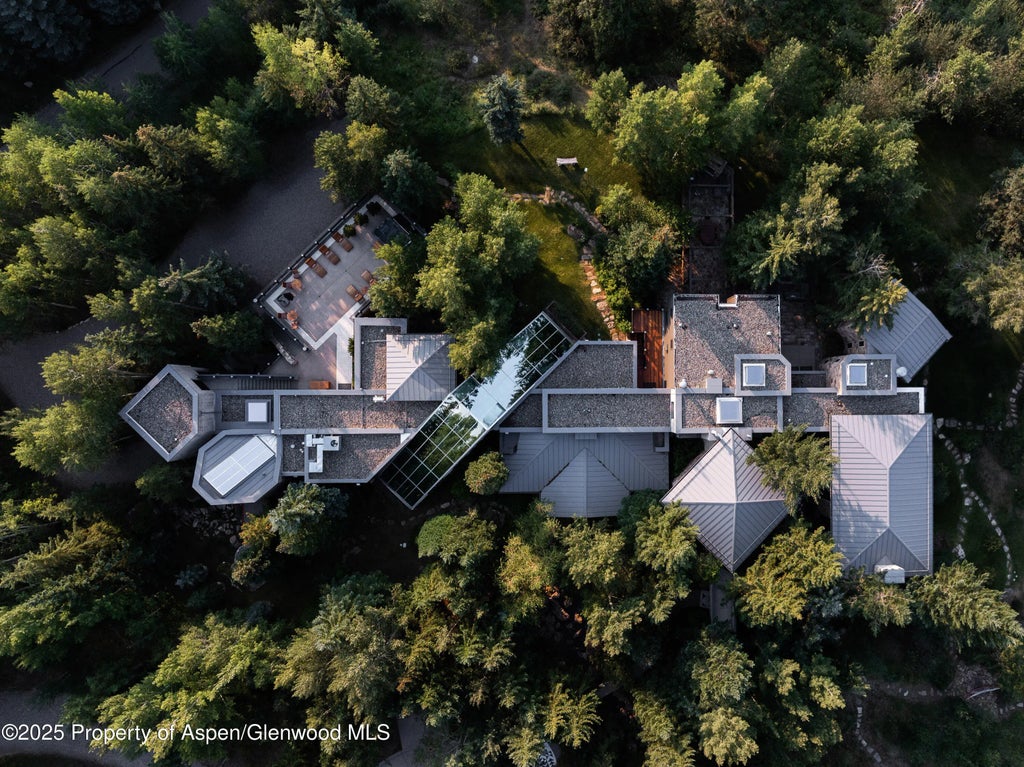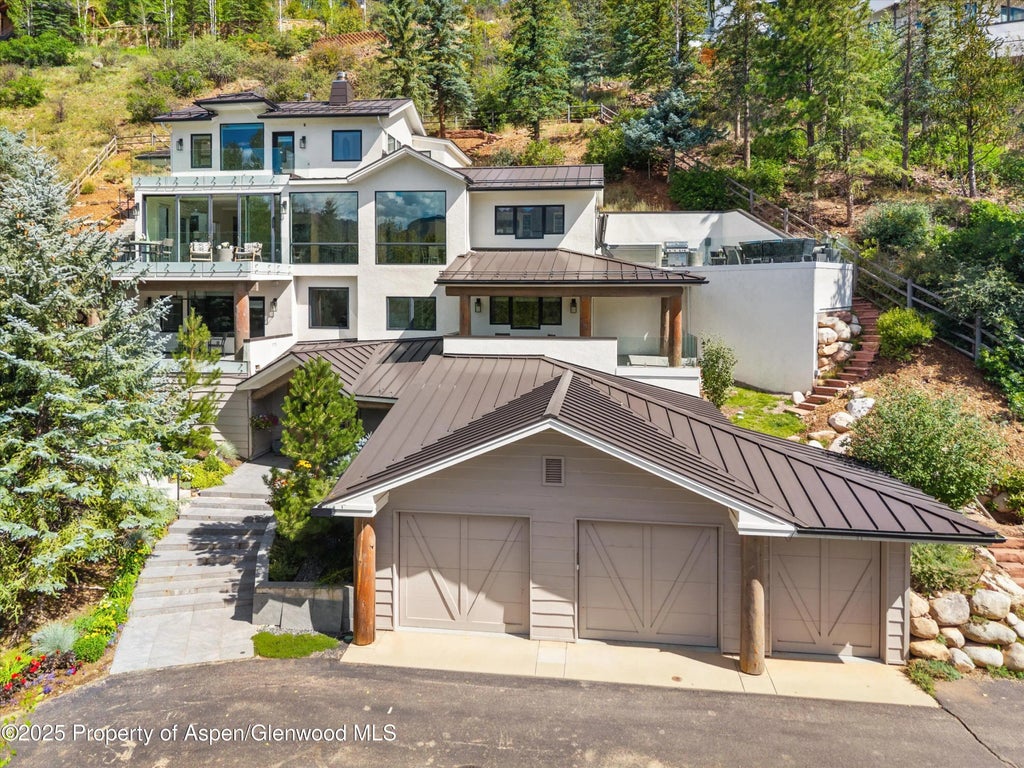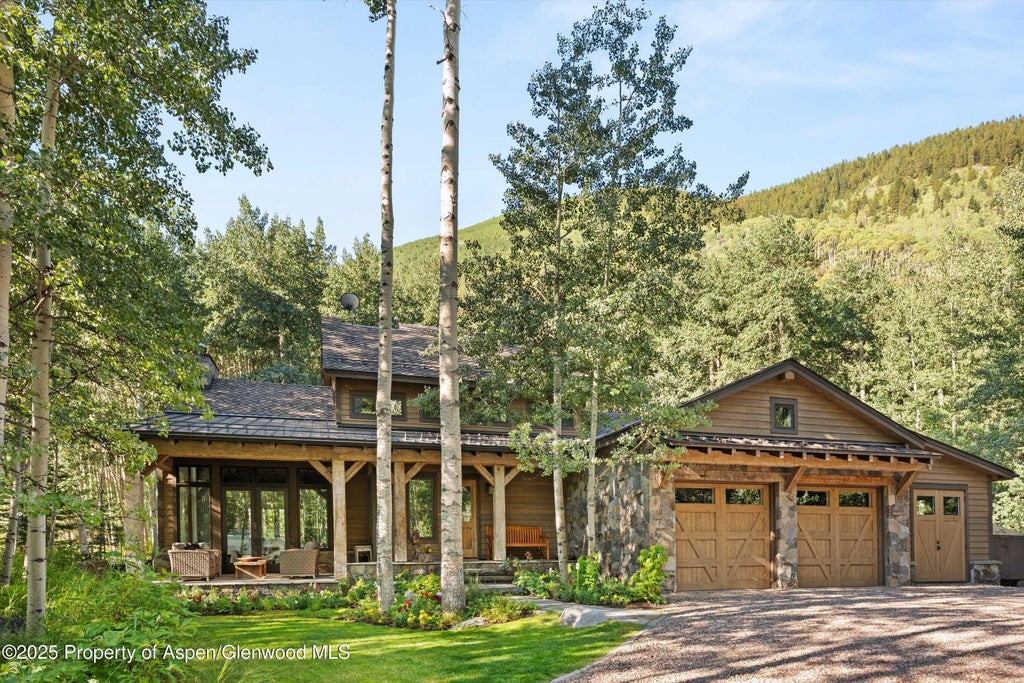The Aspen HOA Guide for Vacation Rental Investors
Purchasing a vacation rental property in Aspen requires navigating complex HOA requirements that can significantly impact your investment returns. Understanding these guidelines before closing protects your financial interests and ensures compliance with local regulations.
This guide covers the essential HOA considerations for Aspen vacation rental buyers, from core governing documents to enforcement protocols and acquisition strategies that align with local market conditions.
Table of Contents
- Understanding HOA Core Governing Documents
- HOA Operational Boundaries
- Community's Financial Discipline
- Design Standards and Architectural Consistency
- Governance Protocols and Enforcement
- Acquisition Strategy and Goal Alignment
- Inspections Beyond Standard Mechanical Reviews
- STR Compliance Requirements
- Making Informed Investment Decisions
Understanding HOA Core Governing Documents
Every HOA operates under three fundamental documents that vacation rental buyers must thoroughly review before purchase.
Covenants, Conditions, and Restrictions (CC&Rs)
CC&Rs outline rental permissions, architectural controls, and usage of common amenities. These documents establish the operational boundaries that define whether your property can function as a personal retreat, rental investment, or both.
Recorded versions of CC&Rs and their amendments can be reviewed through the county clerk's office. Pay particular attention to sections addressing guest policies, occupancy limits, and whether the property qualifies for owner-occupied or classic STR permits under city regulations.
Bylaws
Bylaws establish the core governing framework that outlines enforcement protocols and operational procedures. These documents detail how the HOA board makes decisions, conducts meetings, and implements rule changes.
Understanding bylaw provisions helps buyers anticipate how quickly rental restrictions might change and what approval processes govern future modifications to community rules.
Financial Records
Annual budgets, reserve studies, and meeting minutes reveal how the association plans for capital improvements and manages ongoing expenses. These documents provide critical insight into the community's financial health and potential cost escalations.
Request at least three years of financial records to identify patterns in assessment increases and special levy frequency.
HOA Operational Boundaries
HOA guidelines establish specific operational parameters that directly affect vacation rental profitability and guest experience.
Property Usage Rules
Most Aspen HOAs maintain detailed restrictions on how properties can operate as rentals. These rules often include mandatory check-in protocols, blackout periods during peak events, or exclusive agreements with preferred rental managers.
Some associations require pre-approval for marketing materials, guest background checks, or noise monitoring devices to maintain building standards. HOA boards have discretion to deny rental activity entirely, even when municipal regulations permit it.
Common Area Usage

Common area access such as ski lockers, bike rooms, and concierge lounges is frequently regulated by tiered systems tied to ownership type or rental classification.
In buildings with mixed owner-occupied and rental units, STR guests may have restricted access to amenities like hot tubs or fitness centers, particularly during holidays or peak winter weeks. These restrictions can affect guest satisfaction and booking rates during high-demand periods.
Community's Financial Discipline
Aspen's luxury real estate market includes HOAs with extensive service offerings that require careful financial evaluation.
Financial Stability Assessment
Reviewing the association's reserve study and five-year capital plan is essential to identify possible cost escalations tied to infrastructure needs or deferred maintenance cycles.
Annual budgets and meeting minutes reveal how effectively the HOA manages capital improvements and responds to unexpected expenses. Look for associations with healthy reserve funds and consistent maintenance schedules.
Assessment Structures
Many high-end HOAs in Aspen tie fees to square footage rather than flat rates. In resort-style complexes, HOA dues often reflect extensive services ranging from 24/7 security to snowmelt systems, with monthly assessments exceeding $4,000, particularly in ski-in/ski-out residences with shared amenities.
Special assessments are often levied for upgrades like geothermal heating, window replacement, or compliance with evolving fire mitigation codes. Understanding these patterns helps buyers budget for ongoing ownership costs.
Design Standards and Architectural Consistency

Aspen's neighborhoods maintain strict aesthetic standards that protect property values and community character.
Architectural Review Committee
Some associations enforce strict visual continuity down to window treatments or light fixture styles, while others control exterior landscaping, snow storage zones, or seasonal décor.
Architectural committee reports provide transparency into how consistently rules are enforced and whether recent owner requests were approved or denied. This information helps buyers understand the likelihood of future modification approvals.
Environmental Controls
HOA architectural guidelines often establish jurisdiction over both visible and structural elements ranging from window materials and roofing profiles to energy systems and drainage configurations.
Properties with integrated environmental controls such as whole-house humidifiers, solar gain mitigation, and smart thermostats tend to offer better longevity and lower operational surprises.
Governance Protocols and Enforcement
Understanding how HOAs enforce rules and implement changes helps buyers anticipate future operational challenges.
Enforcement Procedures
Governance protocols embedded in CC&Rs dictate not only enforcement but also how future changes are enacted. Some HOAs require supermajority approval to amend rental rules, while others permit board-level decisions without full membership votes.
A well-structured enforcement policy protects community standards, but the sophistication and tone of that enforcement dictate how flexible ownership can be for vacation rental operators.
Rule Changes and Amendments
HOAs can implement new restrictions that affect rental operations with relatively short notice. Understanding the amendment process helps buyers assess the risk of future operational limitations.
Look for clauses that restrict subleasing, limit the number of units that can operate as STRs at any given time, or impose surcharges for transient occupancy.
Acquisition Strategy and Goal Alignment
Successful vacation rental investment requires aligning property selection with Aspen's unique occupancy patterns and guest behavior trends.
Market Alignment
Recent years have seen a rise in long-stay bookings during shoulder seasons, particularly from remote professionals and multi-generational travelers. Consider acquisition criteria including high-speed connectivity, flexible workspace areas, and proximity to year-round amenities like trail systems or cultural venues.
Property Features
Prioritize features that accommodate frequent occupancy cycles, such as dual laundry areas, segmented living zones, and layouts that support privacy for multiple groups.
Properties should perform well both spatially and operationally across different guest types. Visit listings at varied times to assess microclimate, light quality, and ambient activity levels, especially in areas near community centers or resort bases.
Inspections Beyond Standard Mechanical Reviews
Aspen's mountain environment requires specialized inspection considerations that standard property evaluations may miss.
Environmental Factors
Evaluate driveway access, emergency service reach, and visibility during winter months, which impact both bookings and guest satisfaction in hillside neighborhoods or ranch-style inventory.
Request assessments of snow load engineering, window seals under freeze-thaw conditions, and backup systems for heat and power. These factors directly affect guest comfort and property maintenance costs.
Operational Systems
Properties with integrated environmental controls tend to offer better longevity and lower operational surprises. Focus on whole-house humidifiers, solar gain mitigation, and smart thermostats that enhance guest experience while reducing management complexity.
STR Compliance Requirements
Aspen's short-term rental regulations include specific compliance requirements that intersect with HOA restrictions.
Permit Categories
Aspen's STR permitting system includes distinct categories with operational limits and qualifying criteria: Lodging Exempt Permit, Classic STR Permit, and Owner-Occupied STR Permit.
Since October 2020, all property owners who rent their condos or homes on a short-term basis (30 days or fewer) must have a business license and vacation rental permit filed with the city.
Pre-Purchase Evaluations
Pre-purchase evaluations focused on STR compliance such as egress windows, code-compliant detectors, and localized zoning overlays are essential for properties transitioning into rental use.
In neighborhoods with STR caps or waitlists, securing a transferable permit or verifying prior use history becomes critical to maintaining revenue continuity.
Tax and Inspection Requirements
All STRs in Aspen are subject to layered tax obligations, including a base sales tax and additional lodging tax, which together can exceed 11%. Before new permits are issued, properties must undergo compliance checks conducted by city-appointed inspectors.
Ownership Structure Considerations
Buyers acquiring homes under corporate entities must account for the city's permit eligibility rules, which often limit applications to individuals with verifiable residency.
Buyers considering non-traditional ownership structures such as family trusts, single-member LLCs, or joint ventures must ensure permit applications include a named individual who meets the city's identity verification requirements.
Invest Wisely with HOA Awareness
Purchasing an Aspen vacation rental requires thorough due diligence across multiple regulatory layers. HOA guidelines often exceed city regulations and can significantly impact property performance as a rental investment.
Understanding these requirements before closing protects your investment and ensures sustainable operation within Aspen's competitive vacation rental market.
Contact Ryan Schwartz at Aspen Real Estate for expert guidance navigating the Aspen short-term rental real estate market. We'll help you make informed decisions every step of the way.
